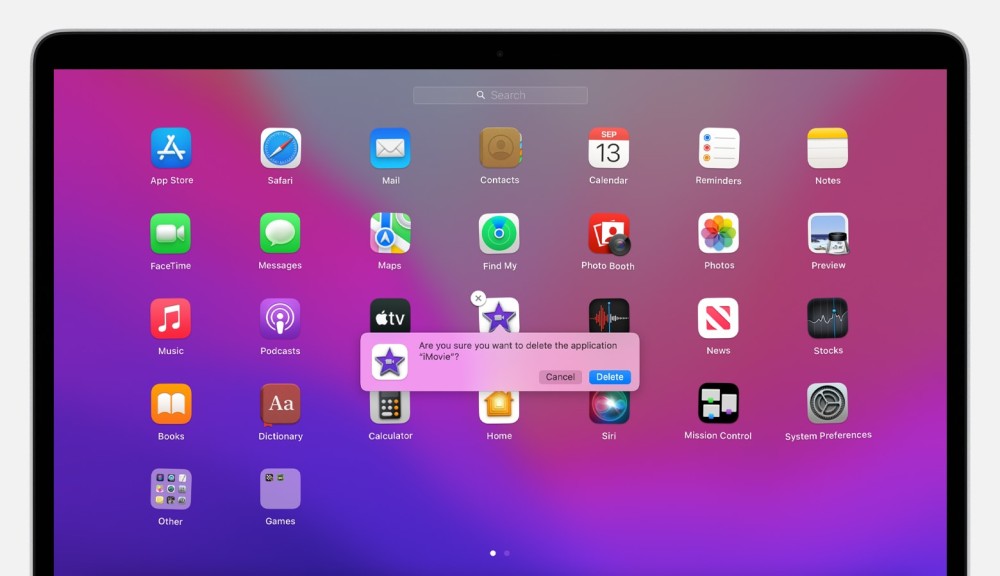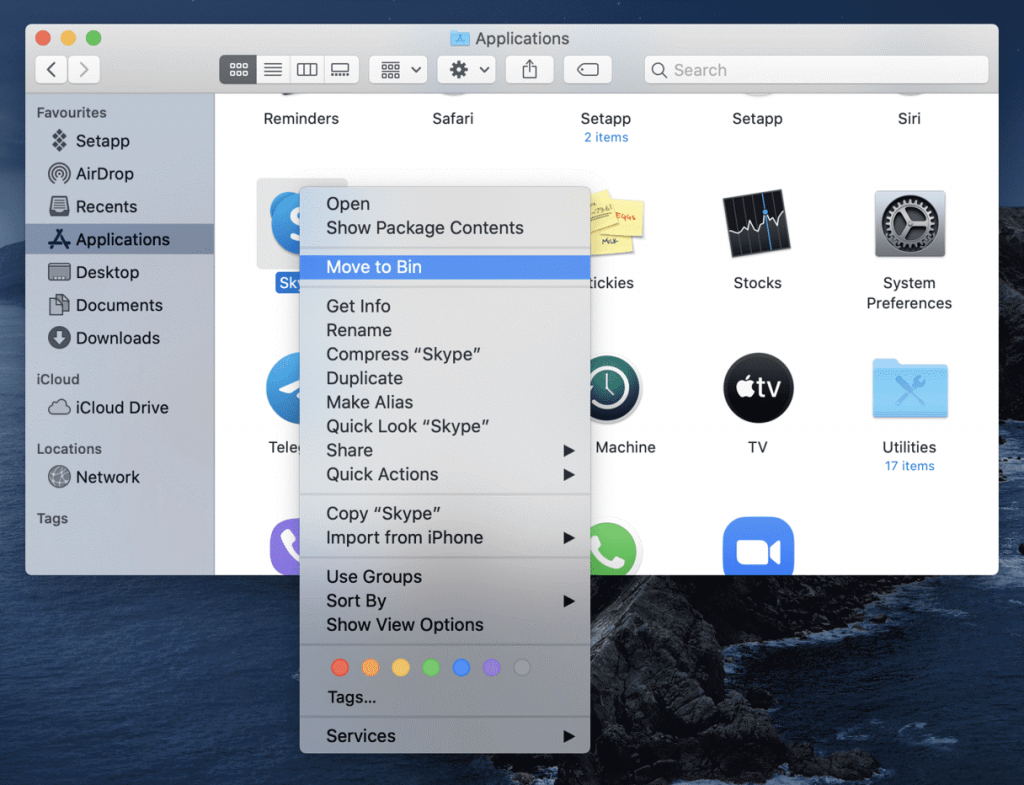The landscape of IT support in India has experienced a remarkable transformation with the increasing prevalence of remote work and the adoption of telecommuting IT support tools. As organisations embrace remote work arrangements at an unprecedented scale, the demand for effective remote IT support has become more crucial than ever. Delivering exceptional IT support remotely requires a unique skill set and strategic approach to ensure seamless communication, efficient problem-solving, and utmost client satisfaction.
Best practices for communicating with remote clients
Effective communication lies at the heart of successful remote IT support for small businesses and large organisations. When interacting with remote clients, it is crucial to
- Establish clear and consistent channels of communication with remote clients.
- Utilise video conferencing platforms for face-to-face conversations to build rapport and foster connection.
- Practise active listening and empathy to understand clients’ concerns and address them promptly.
- Provide regular status updates to keep clients informed about the progress of their IT issues.
- Set realistic expectations to manage client’s expectations and avoid disappointments.
- Partner with a digital CX company to enhance communication strategies and ensure a seamless support experience for remote clients.
Setting up effective remote workspaces and tools
Creating a conducive remote workspace is essential for IT professionals to deliver their best work. Setting up a dedicated and ergonomic workspace helps improve focus and productivity. It is vital to have access to reliable and secure remote access tools, such as virtual private networks (VPNs), online IT helpdesk for remote workers and remote desktop software, to troubleshoot issues remotely. Moreover, having a well-organised inventory of software, licences, and hardware documentation enables IT professionals to provide efficient support, reducing resolution times and improving client experiences.
Strategies for managing time and productivity while working remotely
Working remotely can present unique challenges in managing time and productivity. Here’s what you can do to manage time effectively and improve productivity:
- Establish a routine and stick to a schedule
- Prioritise tasks and set realistic deadlines
- Leverage remote team management software, project management tools, time-tracking software, and other platforms
- Streamline workflows and enhance team coordination
- Take regular breaks to recharge and maintain focus
- Use efficient time management techniques like the Pomodoro Technique to increase productivity
- Reduce stress levels by managing workload effectively and setting boundaries
The importance of clear documentation and knowledge management in remote IT support
Clear documentation and effective knowledge management are indispensable components of successful remote IT support. In the realm of remote work, where physical presence and immediate access to resources may be limited, having a well-structured documentation system and robust knowledge management practices is paramount. This allows IT professionals to swiftly and accurately address technical issues, streamline workflows, and enhance collaboration within the team. Here are the benefits:
- Maintain a central repository of FAQs, troubleshooting guides, and best practices.
- Empower IT professionals to provide quick and accurate resolutions to common issues.
- Utilise collaborative knowledge-sharing platforms like wikis or knowledge bases.
- Foster information exchange and continuous learning within the IT support team.
- Regularly update documentation to reflect the latest information.
- Ensure accessibility of documentation to all team members.
- Promote efficiency and reduce dependency on individual expertise.
Building strong relationships with remote clients and team members to foster trust and collaboration
Cloud-based IT support services rely heavily on trust and collaboration. Building strong relationships with both remote clients and team members is essential for providing effective support. Regular check-ins and open lines of communication with clients help establish trust and demonstrate commitment to their success. Engaging in virtual team-building activities, knowledge-sharing sessions, and regular meetings promote collaboration and foster a sense of camaraderie within the IT support team. Encouraging feedback from clients and team members allows for continuous improvement and strengthens the overall support experience.
Conclusion
As remote work becomes increasingly prevalent, IT professionals need to adapt their approach to meet the demands of providing effective and secure remote access solutions.
By implementing the five tips outlined in this blog, IT professionals can provide remote data backup and recovery solutions. Embracing these best practices will enable IT professionals to deliver exceptional remote IT support, ensuring client satisfaction and success in the ever-evolving remote work landscape.






